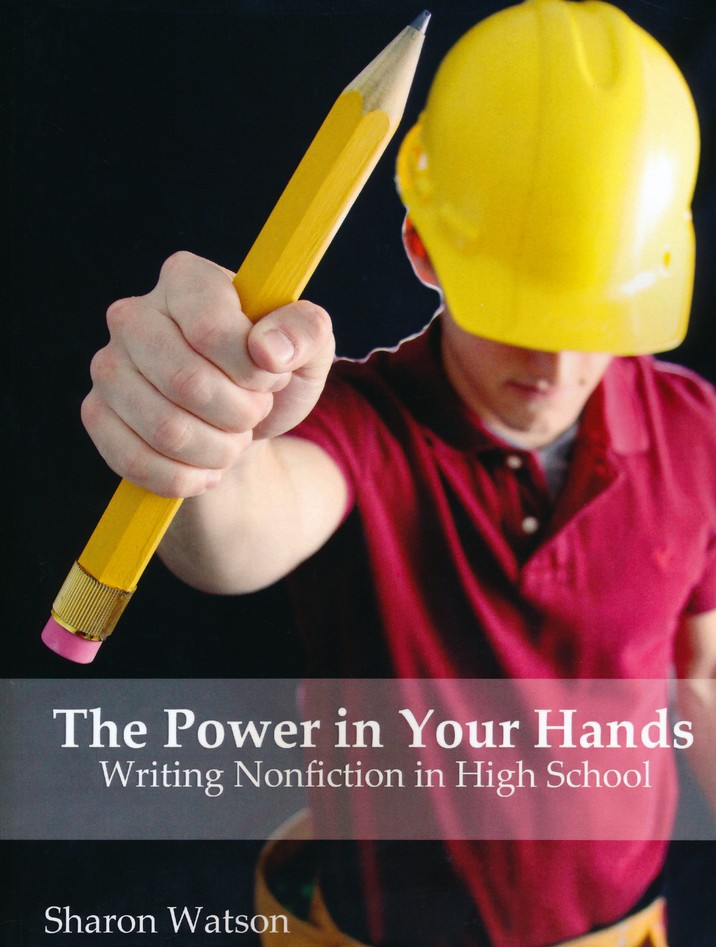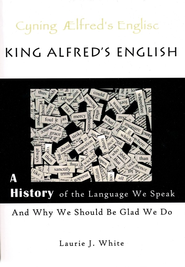Description | Exposition | Narration | Persuasion | All
 Want to inspire your teens to write? Could you use some engaging writing prompts that won’t put your teens to sleep? You’ve come to the right place!
Want to inspire your teens to write? Could you use some engaging writing prompts that won’t put your teens to sleep? You’ve come to the right place!
You’ll find prompts for opinions, descriptions, story writing, current events, prompts that are really tutorials in disguise, and much more. Complete instructions are included with each prompt.
Looking for tutorials on essay writing, proofreading, and so on? Interested in writing prompt bundles that span many grades? Click here.
Find prompts for your middle school students here.
Thanks for visiting the High School Prompts page. If you have a writing prompt you would like to submit, please contact Sharon Watson.
“You can’t wait for inspiration.
You have to go after it with a club.”
— JACK LONDON
Proofreading: The Good News and the Bad News
Proofreading is not a happy activity. It takes attention to detail and maybe even some groaning.
After all, you feel as if your first draft is enough. You’re done. Finished.
Students tell me that writing the first draft and then proofreading it is like writing their paper twice.
The Bad News
.Here’s the bad news: The skill of proofreading your own papers is essential to the writing process. Why?
First, you learn to write more effectively.
Second, you show respect for your teachers by handing in a well-thought-out paper with few mistakes.
And third, you begin to understand that there is an audience at the other end of your essays. You aren’t writing simply to keep yourself busy; you’re writing to communicate, educate, explain, persuade, or entertain.
The Good News
Here’s the good news: You’re about to learn four sure-fire ways to catch more mistakes when you proofread..
(more…)
Eavesdrop Your Way to Tension and Dialog in Stories
I was shopping one day last week when I heard an elderly woman say to her daughter, “I’d like to find a white sweater.”
Her daughter came back with, “Oh, Mother, you always do this to me. You know we can’t find white after Labor Day.”
I thought, Hmm. That daughter is having trouble with her mother.
A few minutes later, in the same store, I heard a 30-something granddaughter talking with her elderly grandmother. “Oh, Grandma,” she said, (more…)
Courage: Show, Don’t Tell
“You can never cross the ocean until you have the courage
to lose sight of the shore.” –Christopher Columbus
Show, Don’t Tell
When an author wants to let readers know that a character is, say, courageous, she doesn’t write, “Chris was courageous.” Instead, she sets up a situation in which the character has to act bravely, even if he or she feels fearful, showing just how courageous the character is.
Christopher Columbus showed courage by doing something—crossing an ocean when many believed he would fall off the edge of the earth into oblivion.
“Show, don’t tell” is an important element of writing stories. You don’t want to insult your readers by telling them how characters feel or what a character is like. You want to show them by (more…)
Paragraph Chart: High School
Many students tell me that after they do the hard work of coming up with an idea, they do not know what to put in the paragraph or even how to write the paragraph.
Is this an issue for you as well? Could you use a little help in this area?
{Looking for the MIDDLE SCHOOL version of this tutorial? >>}
In-text Citations for High School
You’re writing your essay and everything’s going great until you realize you need to let readers know where you got a certain fact. You aren’t using a bibliography, footnotes, or works cited page because this is just an essay, not a report or research paper.
You don’t want to plagiarize. Putting someone else’s fact or idea in your essay without any citation would definitely be plagiarism.
What are you going to do? (more…)
What Comes to Mind When You See This Picture?
Once in a while, it’s interesting to look at a picture and write whatever comes to your mind—no guidance, no rules.
So, here goes . . .
















